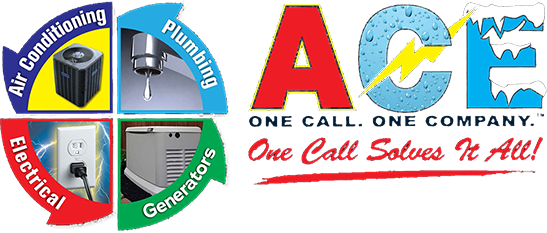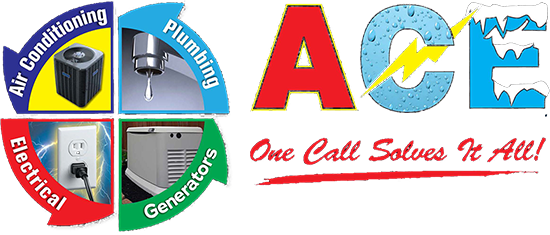File this under “That’s the way it’s always been done.” Most of us have hot water in our homes because of a storage tank that’s constantly heating 40 or more gallons of water in preparation for our use.
Have you ever thought about the amount of energy and cost it takes to have hot water always at the ready? No need to guess. Use this energy cost calculator from the federal government’s department of energy. The answer might surprise you.
And if it gets you to wondering if there’s an alternative, it might be time to look into tankless water heaters.
A different approach
The average household uses about 64 gallons of water daily, and heating it is the second largest expense in your home. It can account for up to 18 percent of your utility bills. An average traditional water heater lasts about 10 to 15 years. About 27 million of us have a water heater that’s more than 10 years old. If you fall into this category, you might want to consider the benefits of switching to what’s known as an “on demand” hot water.
There’s no storage tank. The system heats water only when you turn on the faucet. Because you’re not constantly keeping 40 to 50 gallons of water hot, you use less energy. Most people who have a tankless water heater installed say they save about $100 or more per year on energy bills.
These systems are usually more compact than a standard water heater. They can be mounted on a wall. While they may be more expensive to purchase and install upfront, many of these tankless systems are rated to last up to twice as long as a traditional water heater with a tank. Often the tank in the water heater fails because it corrodes.
How they work
Let’s say you want to take a shower. You’ll turn on the faucet and cold water travels through the pipe and into the tankless water heater. A powerful gas burner or electric element heats the water as it flows through the wall-mounted unit. There’s no need to wait for a tank to fill up and the water to heat.
Most tankless water heaters can deliver between two to five gallons (7.6 to 15.2 liters) of hot water per minute. Units using natural gas tend to produce higher flow rates than the electric versions.
Disadvantages of a tankless water heater
Energy savings and peace of mind usually outweigh any concerns about replacing your current water heater with a tankless system. There are a few things – besides a higher upfront cost – to keep in mind.
Do you have a big family? This “on demand” approach to delivering hot water works best serving one source at a time. It might be necessary to install several in a large household. Getting hot water instantly also requires the use of high-powered burners. Tankless water heaters require a dedicated sealed vent system requiring professional installation. If you purchase a system that runs on natural gas, you’ll likely need a larger diameter gas pipe.
Upgrade for savings
The energy.gov website advises that tankless water heaters can be up to 34 percent more energy efficient than a traditional water heater with a tank – if your household uses 41 gallons or less of hot water each day. Even if you use a lot of hot water, these types of water heaters can be up to 14 percent more efficient.
Is a tankless water heater right for your home? The best way to find out is to schedule an appointment or call us. We’ll help you weigh the pros and cons.


